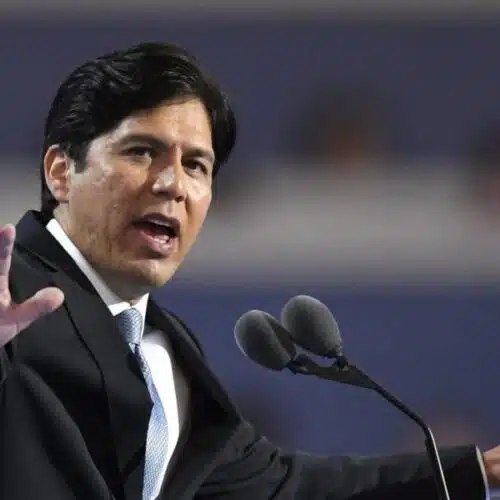Federal Judge Challenges the Constitutionality of the Federal Governments Schedule I Classification for Marijuana
Challenging The Schedule I Classification for Marijuana A federal judge in Sacramento, California just heard closing arguments in a case that challenges the constitutionality of the federal government’s Schedule I classification for marijuana.
The motion points out that a true schedule I substance is defined by a substance having a “high potential for abuse.”
It also mandates that the substance have “no currently accepted medical use,” as well as “a lack of accepted safety… under medical supervision.”
But all of that is completely untrue of marijuana. Thus, the motion argues that the status restricting the plant is unconstitutional.
This marks the first time that a federal court has heard evidence like this since the early 1970s. The case is United States v. Pickard, et. al., No. 2:11-CR-0449-KJM, and the legal briefs for it are all available online here.
So what is the federal government arguing in its defense? Almost unbelievably, they are doubling down on the prohibitive status, saying that as long as there is even one “expert” who disputes the plant’s safety and efficacy for medicinal use, then the schedule I status should stand.
The defense attorneys Zenia Gilg and Heather Burke of the NORML Legal Committee, along with experts in the field who argue that the plant is safe and should be legal at least for medical use, presented evidence over a five-day period. They contend that “numerous clinical trials have been conducted using whole plant marijuana and have concluded the evidence strongly suggests therapeutic value.
“Physicians in 23 states and the District of Columbia have been recommending whole plant cannabis for treatment of a myriad of medical conditions. The United States, through SAMHSA (Substance Abuse Mental Health Services Administration, a branch of HHS), holds a patent [on the therapeutic utility of the plant],” they continued.
“It is unimaginable to believe that if heroin, cocaine, methamphetamine, or even over-the-counter medications were being distributed in 23 states and the District of Columbia, Congress and the President would abdicate all regulatory authority to those jurisdictions, and then cut off all funds… to intervene in related distribution activities,” they added,“Even the most vivid imagination would be hard pressed to reconcile such action with a ‘rational belief’ that marijuana is one of the most dangerous drugs in the nation.”
The brief further contends that “Congress’ decision to treat marijuana as a controlled substance was and remains well within the broad range of permissible legislative choices. Defendants appear to argue that Congress was wrong or incorrectly weighed the evidence. Although they failed to prove even that much, it would be insufficient. Rational basis review does not permit the Court’s to ‘second guess’ Congress’ conclusions, but only to enjoin decisions that are totally irrational or without an ‘imaginable’ basis.”
Finally, they state that “Congress is not required to be ‘right,’ nor does it matter if the basis on which Congress made its decision turns out to be ‘wrong.’ All that is required is that Congress could rationally have believed that its action — banning the production and distribution of marijuana — would advance its indisputably legitimate interests in promoting public health and welfare. Because qualified experts disagree, it is not for the Courts to decide the issue and the statute must be upheld.”
– More


